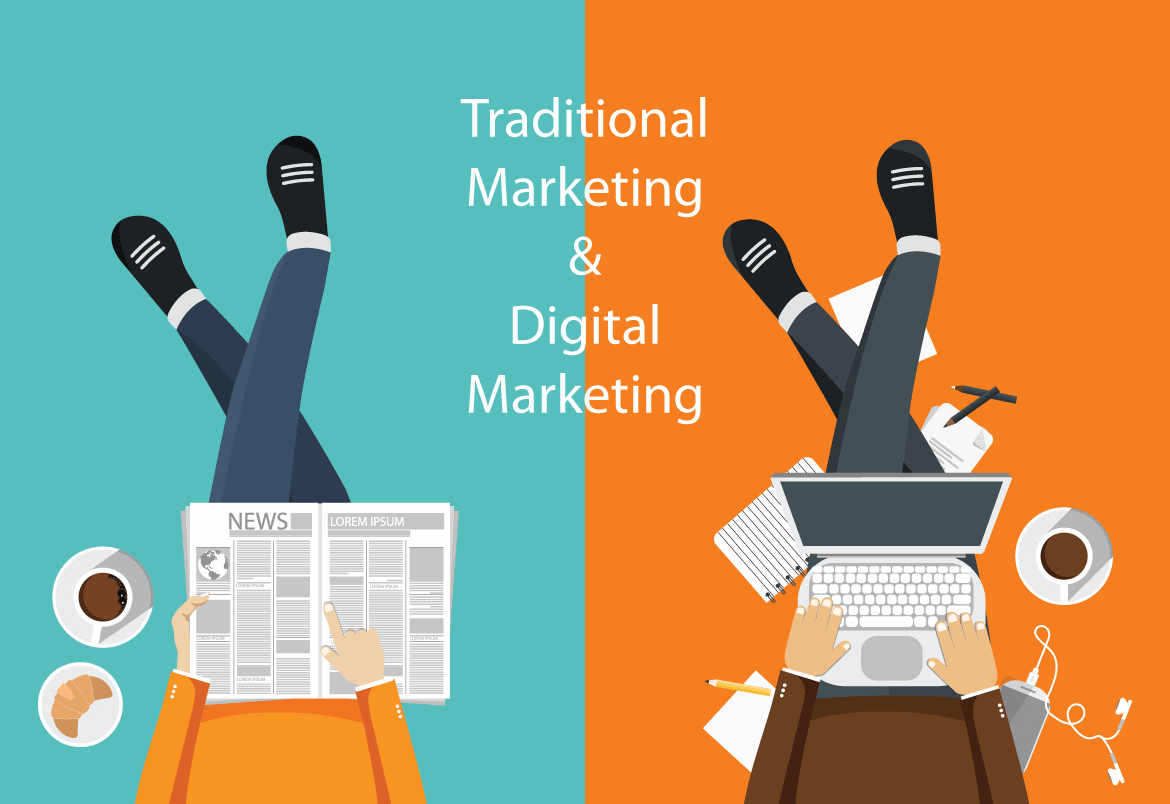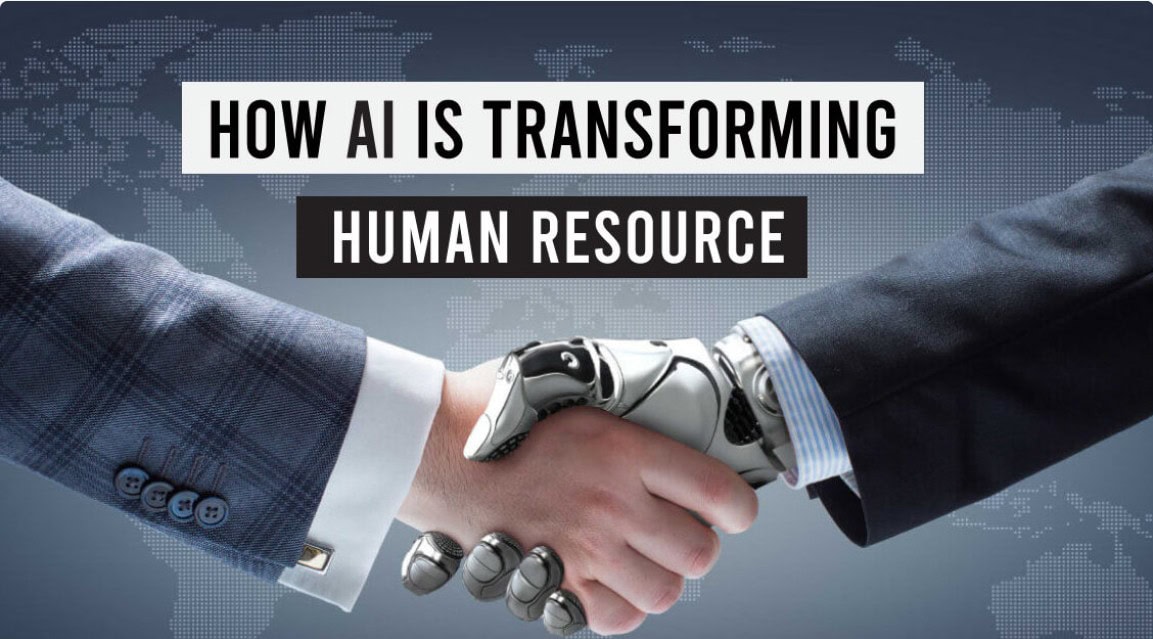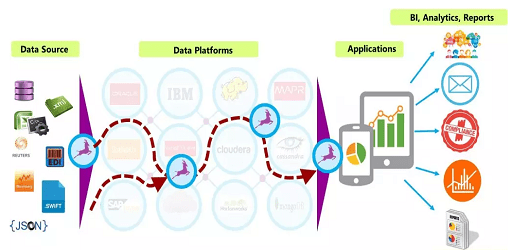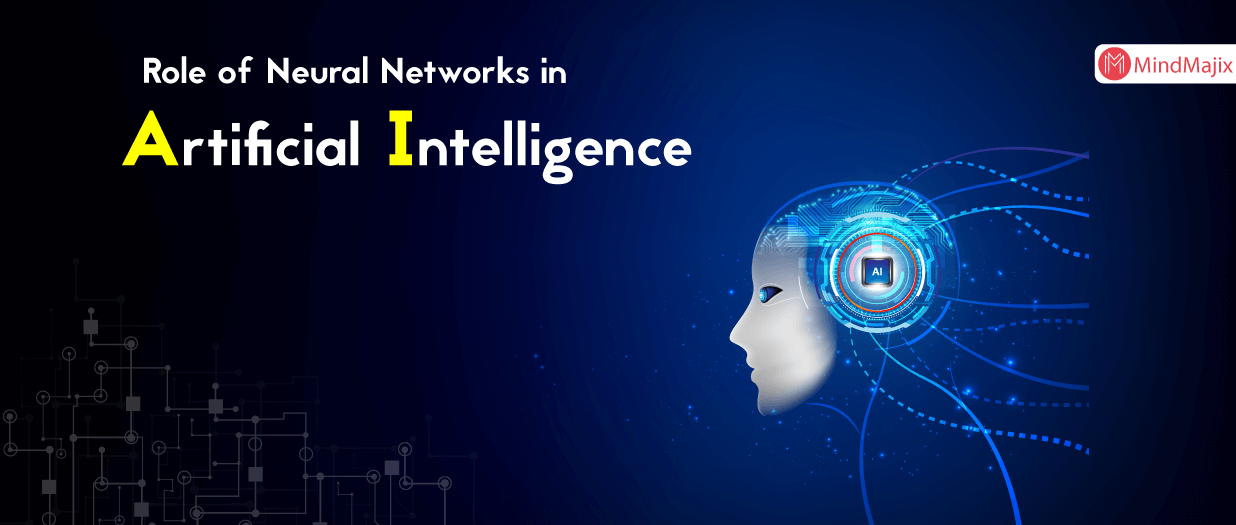DevOps and AI: The IT industry is moving towards a paradigm shift where the “need for speed” has become the most significant factor.
However, in this speed race, clients also need a high-quality product, as they can’t withstand fierce competition without it. That’s when DevOps methodology proves to be a game-changer. It allows software organizations to develop high-quality and robust products faster by ensuring smooth collaboration among various teams.
However, the ultimate goal of DevOps is 100% automation, and artificial intelligence (AI) provides a perfect foundation for it. AI can take DevOps to a new level by improving its accuracy, quality, and reliability. It should not come as a surprise that according to expert predictions, 40% of DevOps teams will be integrating AI into their ecosystem by 2023.
So, as an IT company that is taking assistance from DevOps, why not think about AI? This blog will discuss 12 different ways through which AI can transform DevOps.
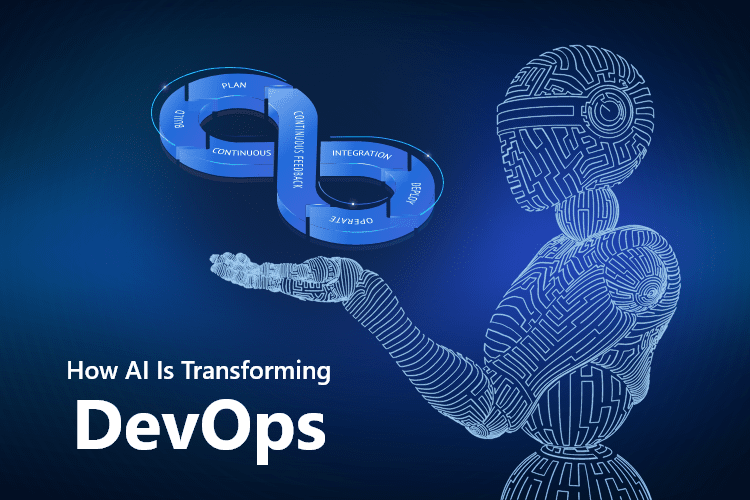
1. Real-time alerts
Real-time alerts can help you promote rapid response, which is one of the fundamental aspects of DevOps. However, a series of signals with the same level of severity can make the lives of the software teams difficult. Enter, AI! It prioritizes the most critical issue by collecting all problem areas. Furthermore, it can provide a feasible solution to that issue, as well.
2. Requirements management
You can use AI to streamline phases such as creating, editing, validating, testing, and managing requirements documents. Nowadays, DevOps teams are using AI and ML-based requirements management platforms that help them save time and focus on more complex tasks like coding and deployment.
You may also like Role Of Neural Networks In Artificial Intelligence
3. Software testing
Testing is a critical phase of software development as it ensures the delivery of high-quality and robust products. So many data points are produced through regression testing, functional testing, or user acceptance testing. AI can process such a vast amount of data and help you find patterns to identify the root cause of errors. This vital information can help you increase efficiency.
4. Upgrading security
Security is a significant concern for IT organizations around the world. With security vulnerabilities like DDoS (Distributed Denial of Service) attacks, attackers can target any company’s website. AI and ML-based techniques can help you significantly mitigate it. These techniques can help you distinguish between usual and unusual conditions and boost DevSecOps.
5. Uplifting traceability
With the help of AI, DevOps teams can communicate with each other more effectively than before, especially in remote work environments. Also, with AI-powered insights, you can understand how shared criteria can represent localization client needs and evaluate performance measures. If that’s not a desirable level, you can make improvements and check it in later stages.
6. Continuous feedback
Continuous feedback is the heart and soul of any DevOps strategy. If you’re not receiving constant feedback, it could impact your release cycle. But, if you’re getting feedback, it facilitates agility, quality, and speed of the development process. Here, AI can be your best bet. It uncovers insights from data streams and provides an accurate picture of your application’s health.
7. Failure forecasting
Any failure during the various phases of a DevOps lifecycle can reduce its effectiveness. Therefore, forecasting failure in advance becomes essential. In this area, AI and ML-based algorithms could prove helpful. It can read patterns and predict any sign of failure, which humans can easily miss. Early prediction of failure can help you to improve the DevOps cycle significantly.
You may also like How is the Use of Knowledge Management Software Important?
8. Past performance assessment
AI and ML could prove advantageous for you when developing a business application for your clients. The primary reason is that AI and ML can help you analyze the performance of the earlier apps related to your business. You can explore their development, testing, and operational functionality success and take this into account while building your business app.
9. Root cause analysis
Finding the root cause of a failure, bug, or error is essential as it will help you rectify it and eliminate the chance of repeating such an error. To achieve this level of accuracy, AI analyzes the pattern and behavior of your software. Through this detailed analysis, AI can indicate the areas in your source code that could be the possible root cause of the error and save your app from crashes.
10. Improving automation
Automation is the essential aspect of a DevOps implementation, and that’s where AI can be your real advantage. The reason behind this fact is that automation is the intrinsic value of AI. So, integrating AI with your current DevOps ecosystem can transform automation for your organization. It will also reduce or eliminate human intervention across various phases of the software development lifecycle.
11. Better efficiency
When organizations handle DevOps, they are focused on implementing it in a rule-based fashion. But, when you opt for automation, the process shifts to self-controlled tasks, which can boost efficiency, and AI does exactly that. It can automate repetitive tasks and eliminate the need for human intervention, and allow the developers to focus on innovation and creativity.
You may also like Role Of Artificial Intelligence In Education Sectors
12. Enhancing collaboration
Although DevOps philosophy emphasizes communication and collaboration, the cultural differences between various teams can become a bottleneck in achieving optimum results. This is where AI can be a game-changer. It can improve collaboration by presenting a single and unified view of system issues across the DevOps toolchain and enable detecting any kind of anomaly.
Conclusion
AI has revolutionized the IT industry by improving the software development process. With advancements in its algorithm, it has become more efficient and precise than ever before. Now, the time has come to integrate AI into the DevOps ecosystem. It can most definitely help you unleash the full potential of implementing DevOps philosophy for your organization and make your organization become agile and efficient.
In this blog, we have provided 12 different ways through which AI can transform the DevOps ecosystem. We hope it will prove helpful for you when you consider integrating AI into your DevOps ecosystem. What are your thoughts on this trending subject?




